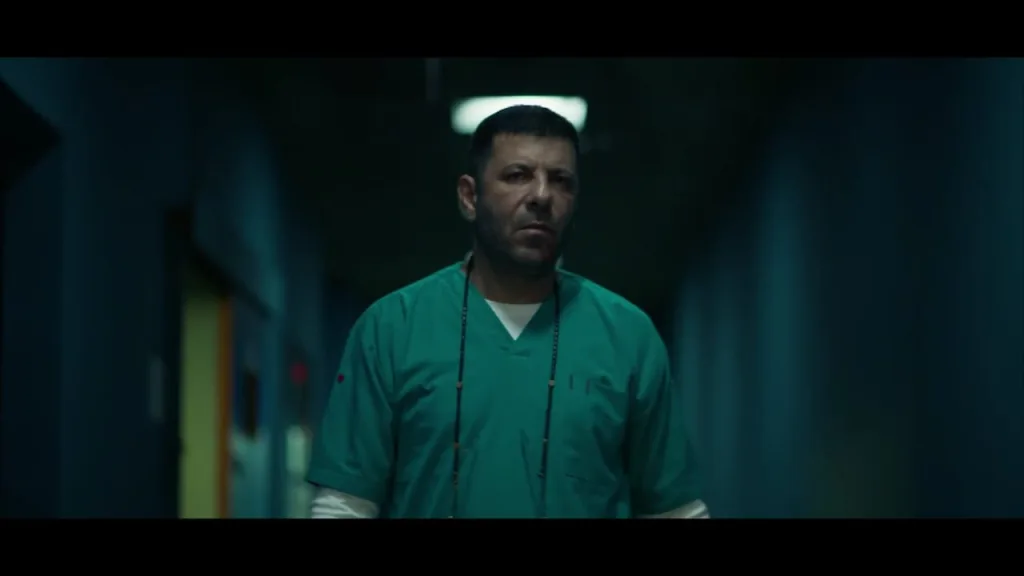The Egyptian television series “Selat Rahem” has ignited much-needed conversations around sensitive topics like surrogacy and abortion. By bringing these issues into the mainstream through a fictional narrative, the show breaks down social and cultural taboos, inviting a more nuanced discussion beyond purely religious interpretations.
Challenging Taboos, Sparking Dialogue
The series tackles complex topics often shrouded in religious dogma. By exploring the emotional, medical, and ethical dimensions of surrogacy and abortion, “Selat Rahem” courageously breaks taboos and fosters empathy. While respecting religious perspectives, the show also promotes a broader understanding of these health issues.

Surrogacy: A Complex Choice
Surrogacy, where a woman carries and gives birth to a child for another person or couple, can be a solution for some who are unable to carry a pregnancy to term. However, it raises complex medical and ethical issues. Religious institutions in Egypt, including the Egyptian Fatwa House and scholars from Al-Azhar Al-Sharif, have declared surrogacy religiously forbidden (haram). The primary concern revolves around establishing the true mother of the child and potential disruptions to traditional concepts of lineage.
While respecting these views, it’s essential to acknowledge the humanitarian and medical aspects of surrogacy. Shows like “Selat Rahem” (and “Haduta Mansiya” before it) open up space for dialogue, allowing viewers to explore the complexities of surrogacy beyond solely a religious lens. It’s crucial to have these conversations to support individuals and couples facing difficult fertility challenges, offering understanding and compassion rather than judgment.
Abortion: When Is It Permissible?
“Selat Rahem” also addresses the emotionally charged topic of abortion. While there are varying interpretations within Islamic law, abortion is generally deemed permissible under certain circumstances, most notably when the mother’s life or health is in danger, or in cases of severe fetal abnormalities. Islamic scholars emphasize that the time limit for permissible abortions is typically 120 days from fertilization. Egypt’s Grand Mufti acknowledges that abortion for justifiable reasons and at an appropriate time is allowed.
Powerful Performances, Important Conversations
The cast of “Selat Rahem” delivers stellar performances, with Yousra El Lozy’s portrayal of grief and resilience being particularly moving. The show’s success in tackling sensitive issues highlights the power of entertainment media to break taboos and initiate important conversations. Productive discussions must include medical professionals, legal experts, and social scientists alongside religious scholars to ensure a comprehensive understanding of these complex issues.
The Takeaway
“Selat Rahem” reminds us that television can do more than just entertain; it can be a catalyst for social change. By initiating important conversations, shows like this encourage a balanced and respectful dialogue that can help us navigate sensitive health issues and support those who face challenging personal choices.










What do you think?
It is nice to know your opinion. Leave a comment.